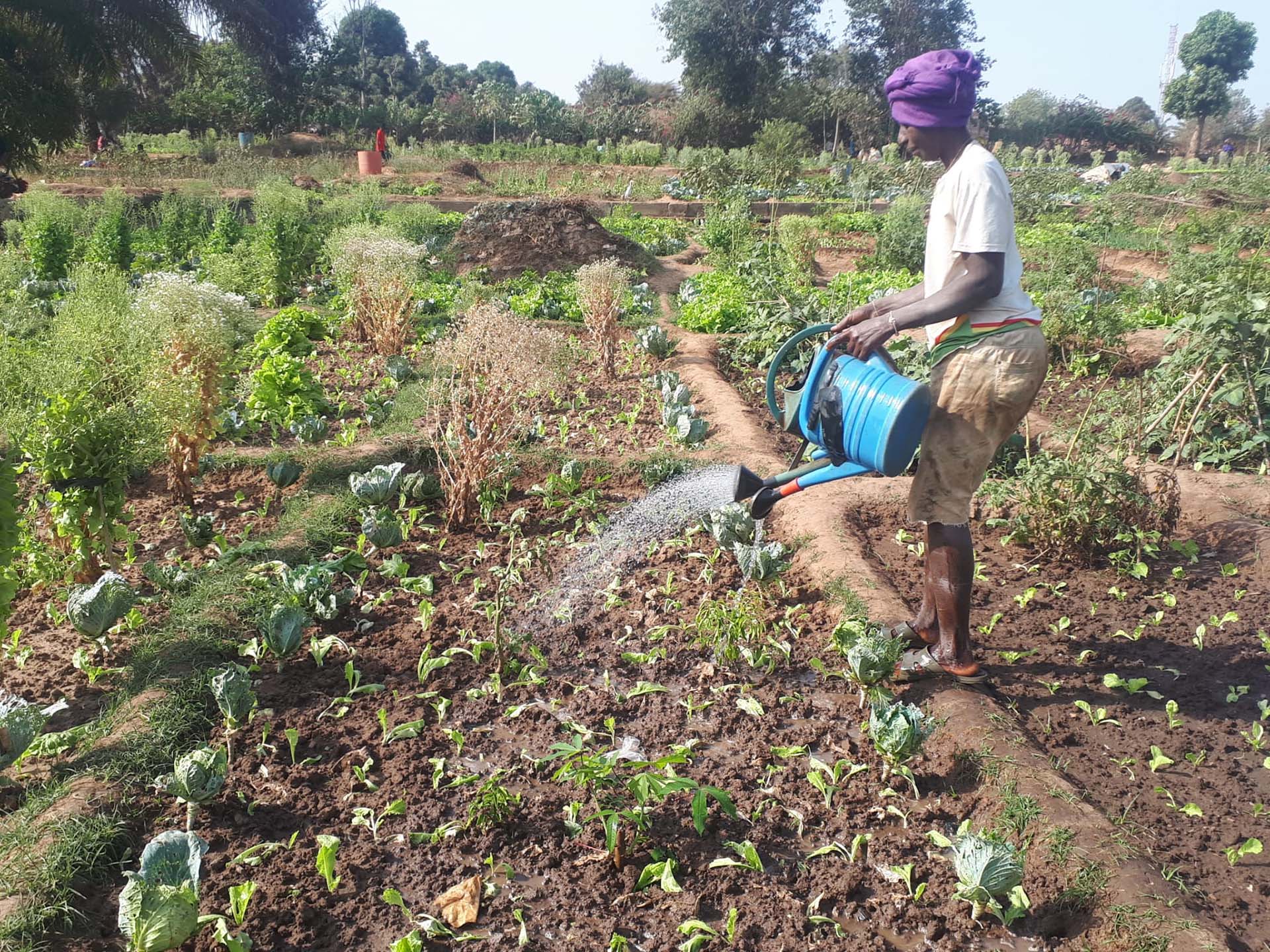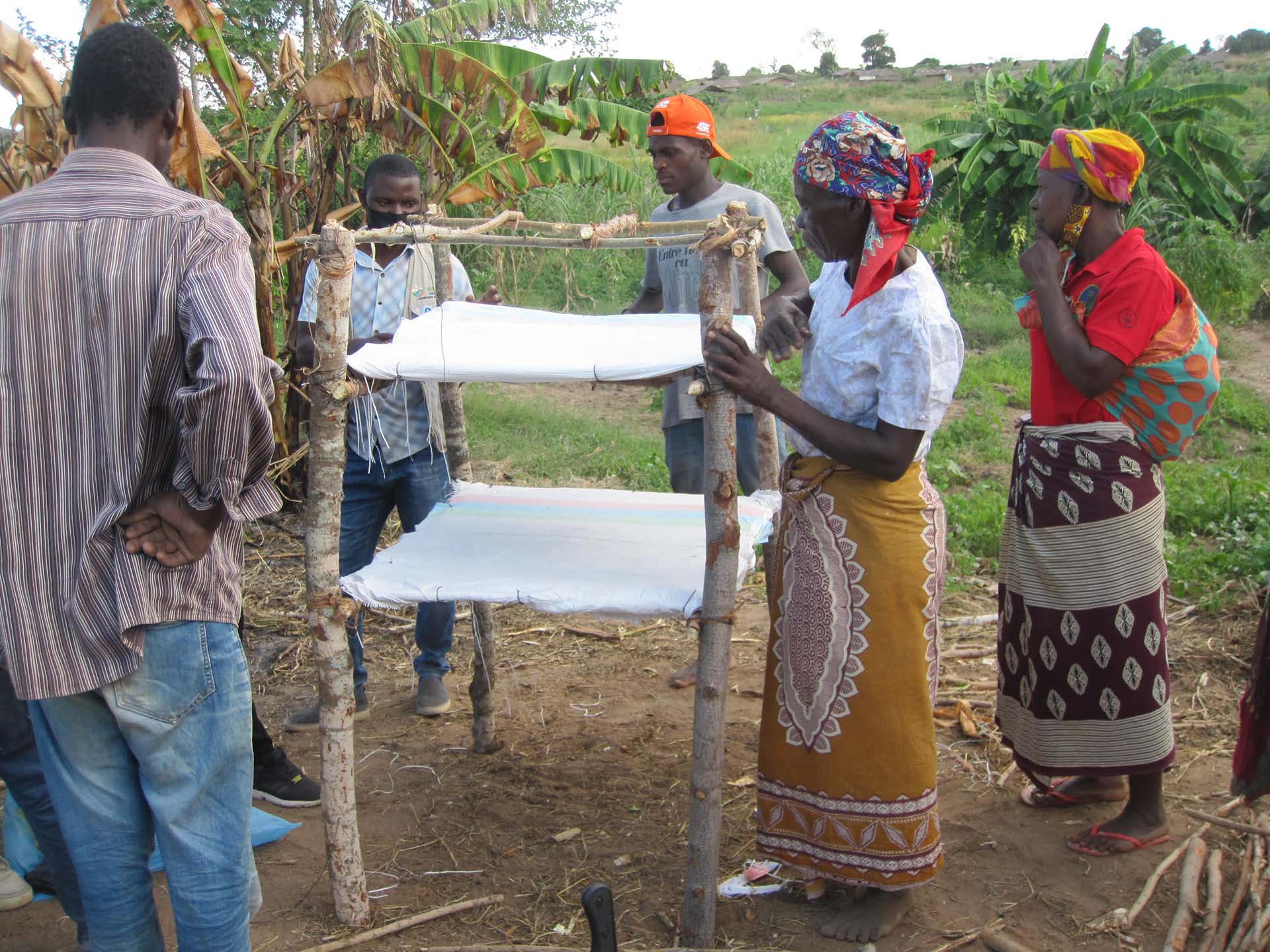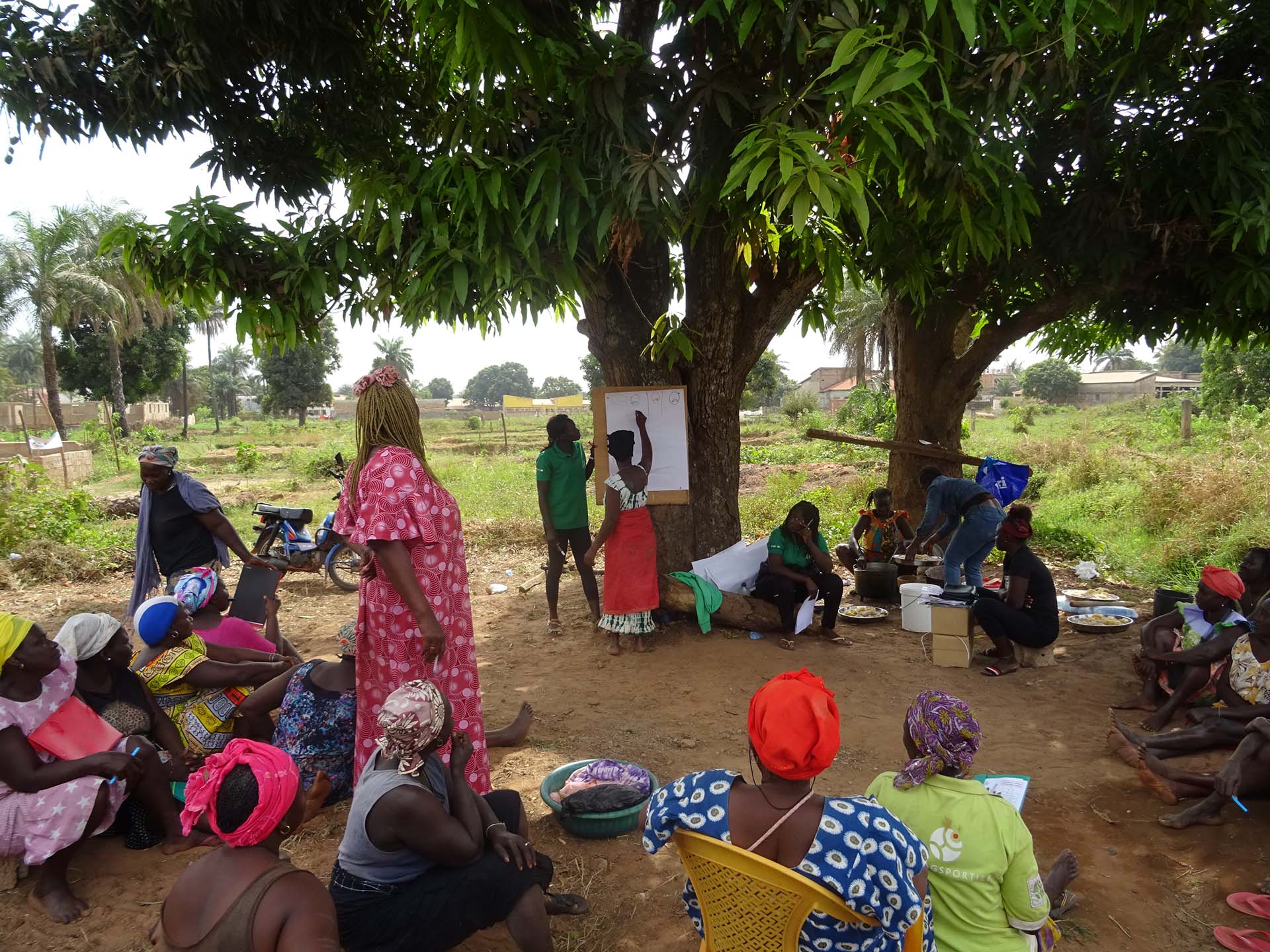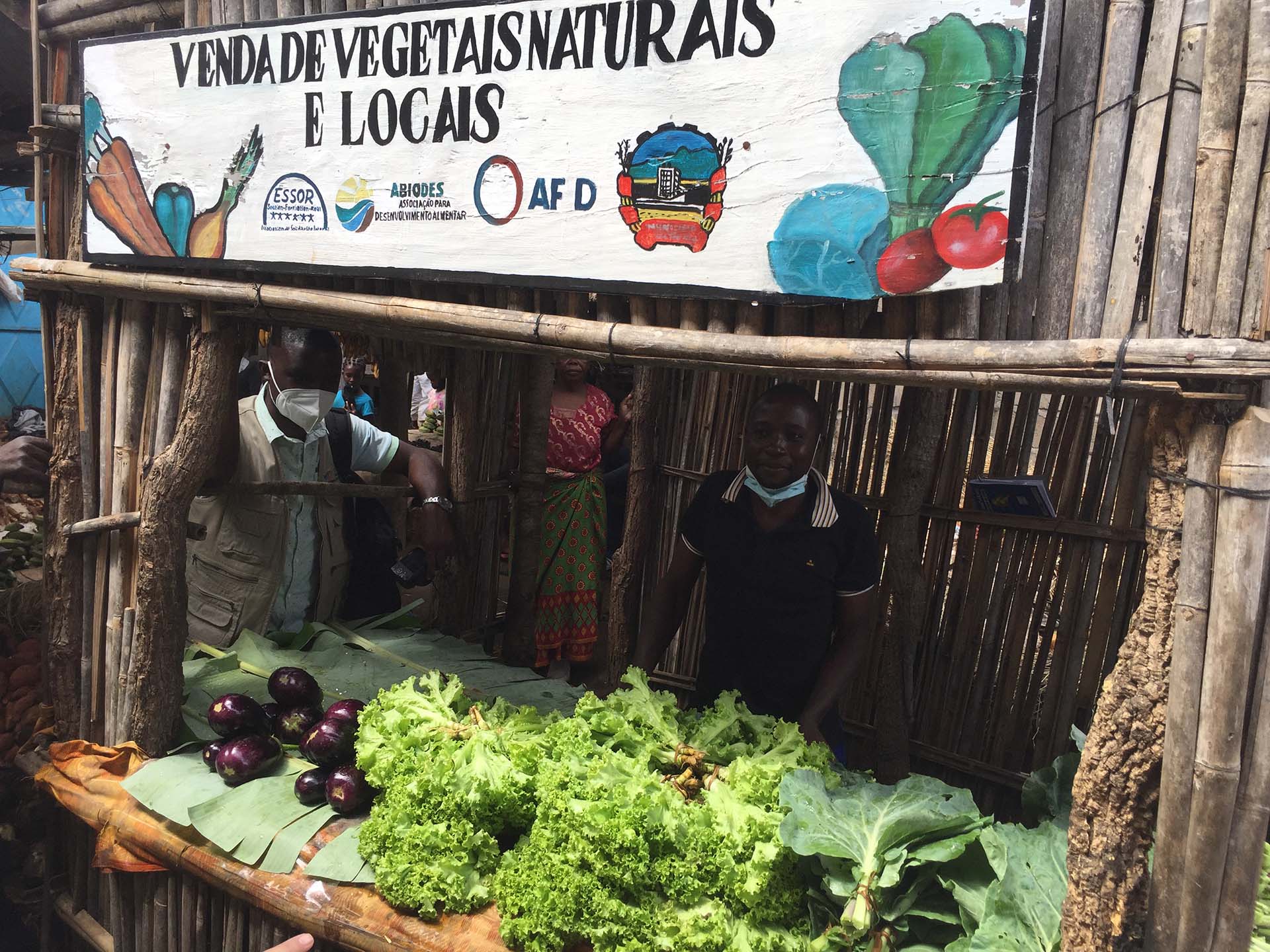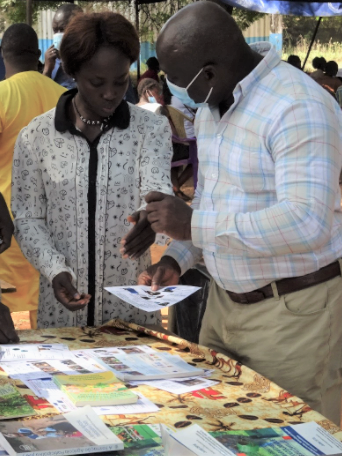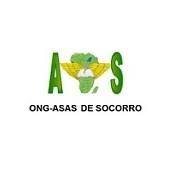

Contribute to the agroecological transition and the improvement of producers' living conditions by consolidating sustainable market gardening in and around cities.
Places of intervention
In Guinea-Bissau, Mozambique and the Republic of the Congo, the peri-urban areas of large cities present strong agricultural potential hampered by common problems: lack of training and resources; excessive and uncontrolled use of chemicals harmful to the environment and health security; difficulties in accessing quality inputs; land pressure; fertility problems; difficulties in upgrading and accessing markets for local products in the face of imported products, etc.
Increasing agricultural productivity is one of the priorities of the governments of these three countries in order to achieve food self-sufficiency, even though populations are constantly growing and the effects of climate change are having a negative impact on agriculture and threatening food security. Faced with these challenges, ESSOR and its partners propose to strengthen the skills and resilience of vulnerable producers, through practices that are more productive, more profitable, and more respectful of the environment (promotion of agroecology).
This multi-country project constitutes a third phase of actions aimed at perpetuating the actions undertaken during the second phase, particularly in terms of the reinforced and more efficient transfer of methodologies to its partners. This phase will also make it possible to pursue and consolidate the dynamics launched at the level of all the peri-urban agricultural and agri-food sectors (production and marketing) created in Mozambique, Congo Brazzaville and Guinea Bissau.
Our engagements
Help market gardeners to use agroecological production methods
Promote sustainable food systems
Strengthen the capacities of local actors and promote networking to enable a long-term change of scale
The project in action
- Train producers in agroecological market gardening and develop a network of leading market gardeners
- Empower the agroecological chains already created
- Develop the production and sale of agroecological inputs : biopesticides, natural fertilizers
- Market agroecological vegetables through the development of marketing networks and sales initiatives (cooperatives, partnerships with shops that promote natural products, restaurants, supermarkets, etc.)
- Organize awareness-raising events on “consuming local” and sustainable food
- Strengthen the partnership with universities and their awareness of agroecology
- Strengthen partner NGOs technically and methodologically so that they are able to develop ESSOR methodologies and promote agroecology
- Encourage the development of national networks for the promotion of agroecology…
ESSOR travaille avec une méthodologie propre au secteur Agri, la Formation Agricole Participative, qui a été affinée au fil des années. Il apparaît aujourd’hui le besoin de simplifier cette méthodologie, très pointue, afin qu’elle soit plus facilement transférable à d’autres partenaires, sur une période plus courte (maximum 12 mois au lieu de 24 mois). Il est également nécessaire de s’adapter aux besoins des bénéficiaires : la FAP est un processus assez long, nécessitant une longue mobilisation de leur part (4 à 5h à chaque formation). Les critères de la FAP seront donc revus, afin de proposer une nouvelle méthodologie : la FAP allégée.


